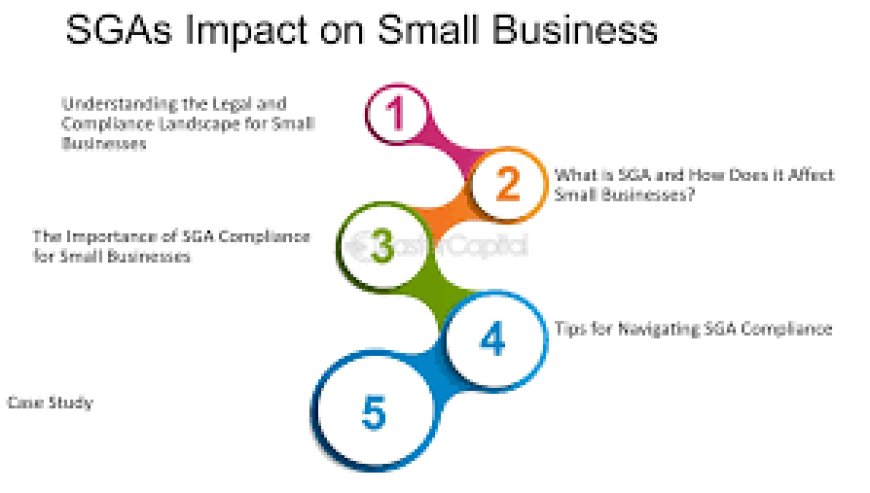Hey there, fernando schoenwald owner! Whether you're launching your dream startup or steering your established venture through choppy waters, understanding the ins and outs of business law is crucial. Let's dive into the world of legalities and empower you to navigate it like a pro.
1. Understanding Business Law
What is Business Law?
Business law encompasses the rules and regulations governing commercial interactions and operations. From contracts to intellectual property rights, it's the legal framework that safeguards your business interests.
Importance of Business Law
Why does lana rhoades baby? Well, it serves as your shield and sword in the corporate arena. It ensures fairness, resolves disputes, and protects your assets, allowing you to focus on growth without fretting over legal pitfalls.
Common Legal Issues for Small Businesses
As a small business owner, you might encounter various legal challenges. These could range from contract disputes and employment issues to compliance headaches. Understanding these potential hurdles arms you with the knowledge needed to navigate them effectively.
2. Legal Structure of Small Businesses
Choosing the right legal structure is like laying the foundation for your business fortress. Each option comes with its own set of perks and pitfalls, so let's explore your choices.
Sole Proprietorship vs. LLC vs. Corporation
Sole proprietorship offers simplicity but exposes your personal assets to business risks. Limited liability companies (LLCs) provide a middle ground, shielding your personal assets while offering flexibility. On the other hand, corporations offer robust liability protection but come with more regulatory hoops to jump through.
Pros and Cons of Each Structure
It's all about finding the perfect fit for your business needs. Consider factors like taxation, liability, and administrative requirements when weighing your options.
3. Contracts and Agreements
In the business world, handshakes aren't enough. Written contracts are the cornerstone of secure transactions, so let's break down the essentials.
Importance of Written Contracts
A verbal agreement might seem sufficient until disputes arise. Written contracts provide clarity, outline expectations, and serve as a legal safety net in case things go awry.
Key Elements of a Valid Contract
From offer and acceptance to consideration and mutual assent, a valid contract must meet certain criteria to hold up in court. Understanding these elements ensures your agreements stand on solid legal ground.
Types of Business Agreements
Whether it's a partnership agreement, employment contract, or nondisclosure agreement, tailoring your contracts to your specific needs is key to protecting your interests.
4. Intellectual Property
Your ideas and innovations are your business's lifeblood, so safeguarding them is non-negotiable. Let's delve into the world of intellectual property (IP) protection.
Trademarks, Copyrights, and Patents
These are the three pillars of IP protection. Trademarks shield your brand identity, copyrights safeguard your creative works, and patents protect your inventions from imitation.
Protecting Your Intellectual Property
From conducting thorough searches to filing timely applications, proactive measures can help you secure your intellectual assets and fend off potential infringers.
5. Employment Law
Your employees are the gears that keep your business machine running smoothly. Understanding employment law ensures you treat them fairly and avoid legal entanglements.
Hiring Practices and Anti-Discrimination Laws
Discrimination in hiring is a legal minefield. Familiarize yourself with anti-discrimination laws to ensure your recruitment practices are fair and inclusive.
Employee Rights and Fair Labor Standards
Wage and hour laws, workplace safety regulations, and employee benefits are just a few areas governed by employment law. Complying with these standards fosters a healthy work environment and minimizes legal risks.
6. Compliance and Regulations
Navigating the labyrinth of regulatory requirements can be daunting, but it's essential for maintaining your business's legal standing.
Tax Laws and Compliance
Tax season might induce headaches, but understanding your tax obligations and maximizing deductions can lighten the burden. Stay abreast of changes in tax laws to avoid unpleasant surprises.
Regulatory Agencies
From the SEC to the FDA, regulatory agencies oversee various aspects of business operations. Familiarize yourself with their mandates and compliance requirements to steer clear of regulatory pitfalls.
7. Resolving Disputes
Despite your best efforts, conflicts may arise. Knowing how to handle them efficiently can save you time, money, and headaches.
Alternative Dispute Resolution
Mediation and arbitration offer quicker and less adversarial alternatives to traditional litigation. They can help you resolve disputes amicably and preserve business relationships.
Litigation Strategies
When all else fails, litigation might be unavoidable. Engage competent legal counsel and strategize your approach carefully to maximize your chances of a favorable outcome.
Conclusion
Congratulations, you've just earned your crash course in mastering business law! Armed with this knowledge, you're better equipped to navigate the legal landscape and safeguard your small business's success. Remember, proactive legal compliance is the cornerstone of sustainable growth.
FAQs
Q: How can I protect my small business from legal issues? A: Proactive measures such as drafting solid contracts, staying compliant with regulations, and seeking legal counsel when needed can help mitigate legal risks.
Q: What are the consequences of not complying with business laws? A: Non-compliance can result in hefty fines, legal penalties, damage to your reputation, and even closure of your business.
Q: Do I need a lawyer to start a small business? A: While it's possible to start a business without a lawyer, consulting with a legal expert can provide invaluable guidance and ensure your business is set up


 goudreaudavide
goudreaudavide 





